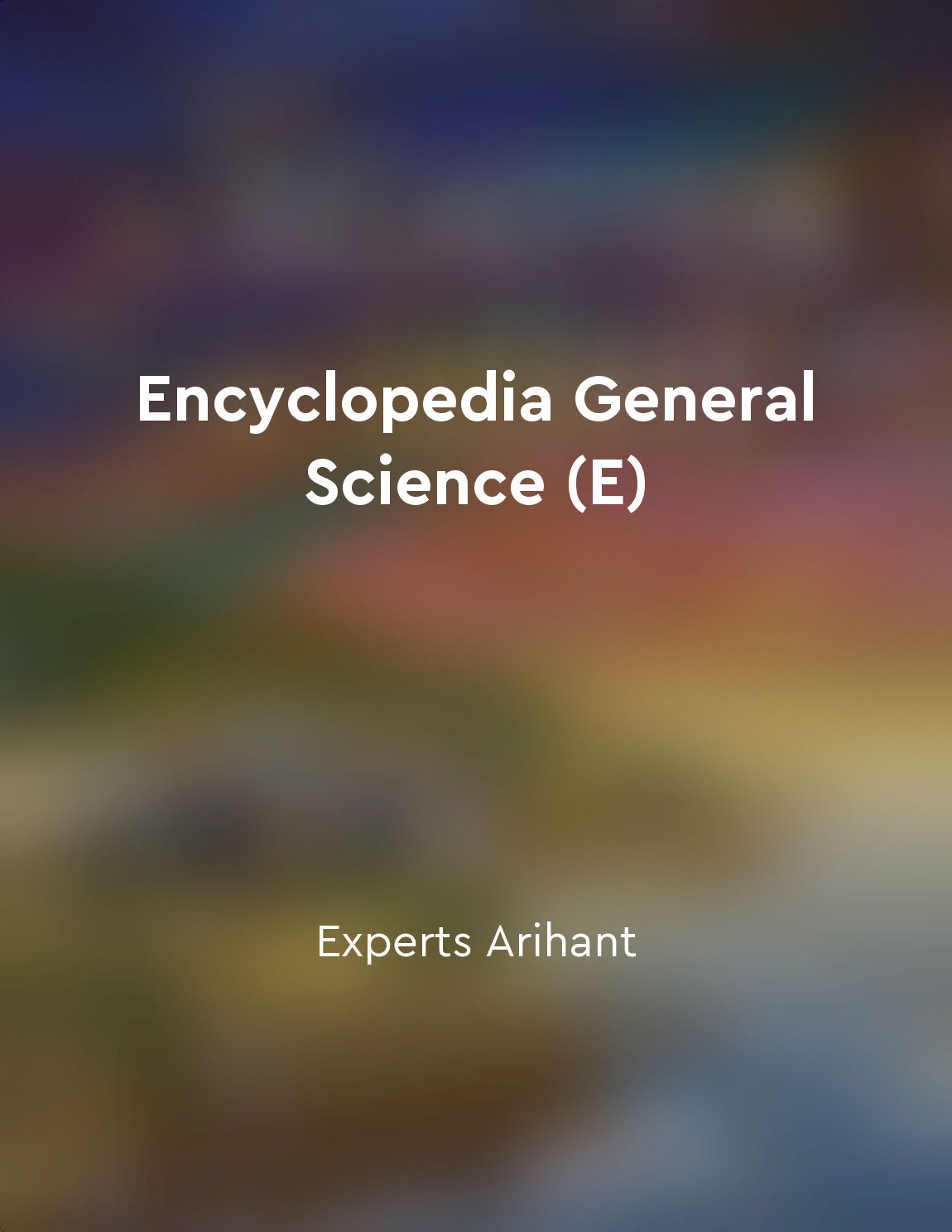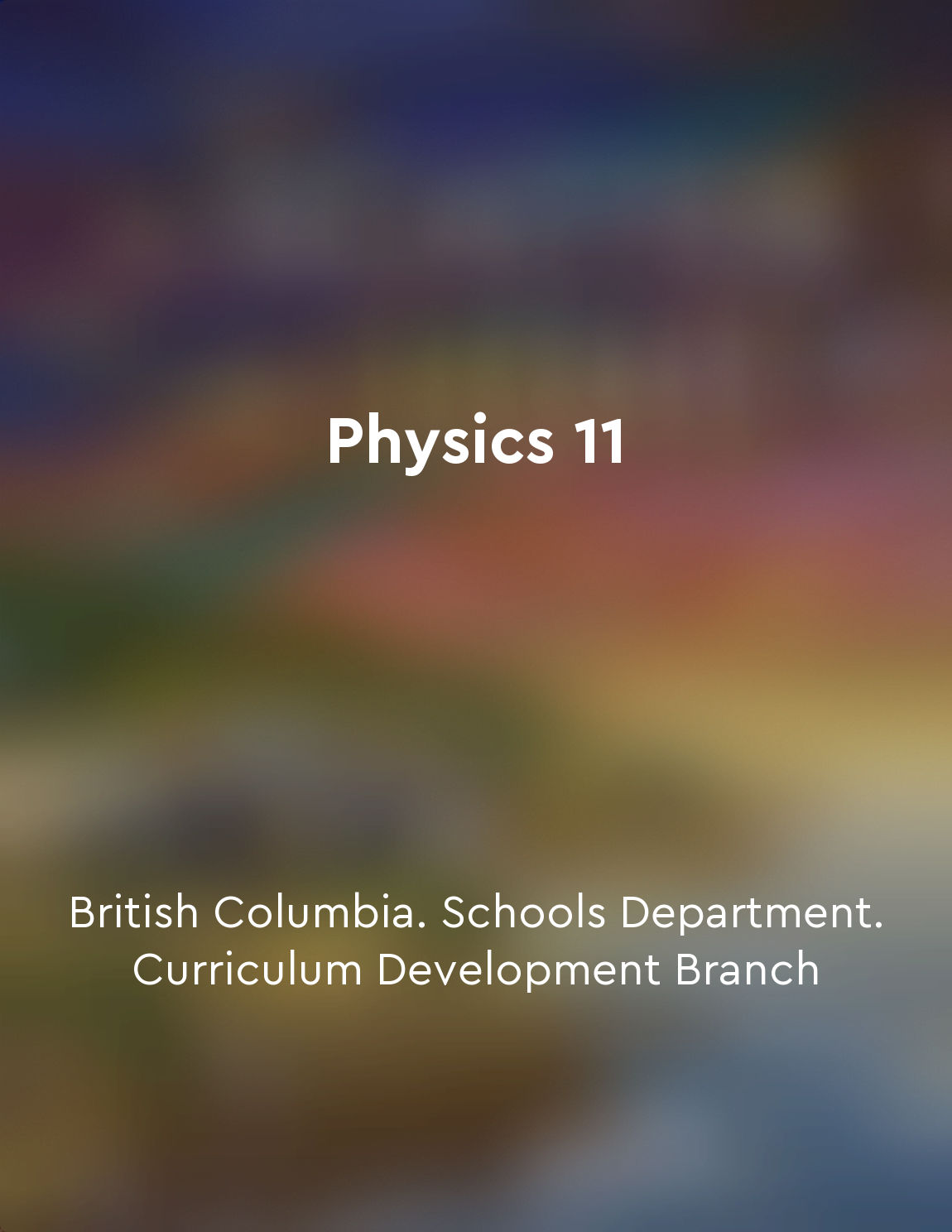Interactions involve forces that cause changes in the state of motion of an object from "summary" of Physics 11 by British Columbia. Schools Department. Curriculum Development Branch
When two objects interact with each other, they exert forces on each other. These forces can cause changes in the state of motion of the objects involved. An object at rest may start moving, or an object in motion may change its speed or direction due to the forces acting upon it during the interaction. These changes in motion are a result of the forces involved in the interaction. The concept of forces causing changes in the state of motion of an object is fundamental to the study of physics. It helps us understand how and why objects move the way they do when they interact with each other. By analyzing the forces at play in an interaction, we can predict how an object will behave and how its motion will change over time. Forces can be categorized into different types, such as gravitational, electromagnetic, and contact forces. Each type of force exerts a specific influence on an object during an interaction. For example, gravitational forces act between objects with mass, while electromagnetic forces are responsible for interactions between charged particles. Contact forces, on the other hand, occur when two objects physically touch each other. The direction and magnitude of a force determine the extent of its effect on the motion of an object. Forces can be represented as vectors, with both a direction and a magnitude. The net force acting on an object is the sum of all the individual forces acting upon it. This net force determines the acceleration of the object and how its motion changes over time. In summary, interactions between objects involve forces that cause changes in the state of motion of the objects involved. Understanding the role of forces in interactions is essential for predicting and analyzing the motion of objects in the physical world. By studying these forces and their effects on motion, we can gain insights into the fundamental principles that govern the behavior of objects in our universe.Similar Posts
Understanding the universe is a lifelong pursuit
The pursuit of understanding the universe is not a task that can be completed in a single lifetime. It is a journey that requir...
Beauty lies in simplicity
The notion that beauty resides in simplicity is a fundamental principle in the study of physics. Physicists have long been capt...

Microbiology examines microscopic organisms
Microbiology is a branch of science that deals with the study of microscopic organisms. These organisms are so tiny that they c...
Community
In this work, we explore the importance of community in the scientific world. Community is not just a collection of individuals...
Cultivating inner peace can bring about outer harmony
Cultivating inner peace is not just about finding a moment of calm in a chaotic world; it is about creating a state of being th...
The field of mechanics is constantly evolving with advancements in technology
One of the most exciting aspects of the field of mechanics is its constant evolution driven by technological advancements. As n...
Quantum gravity is a challenge for field theories
The problem of quantum gravity is that it is not just a small modification of familiar quantum field theory. Gravity is not eve...

